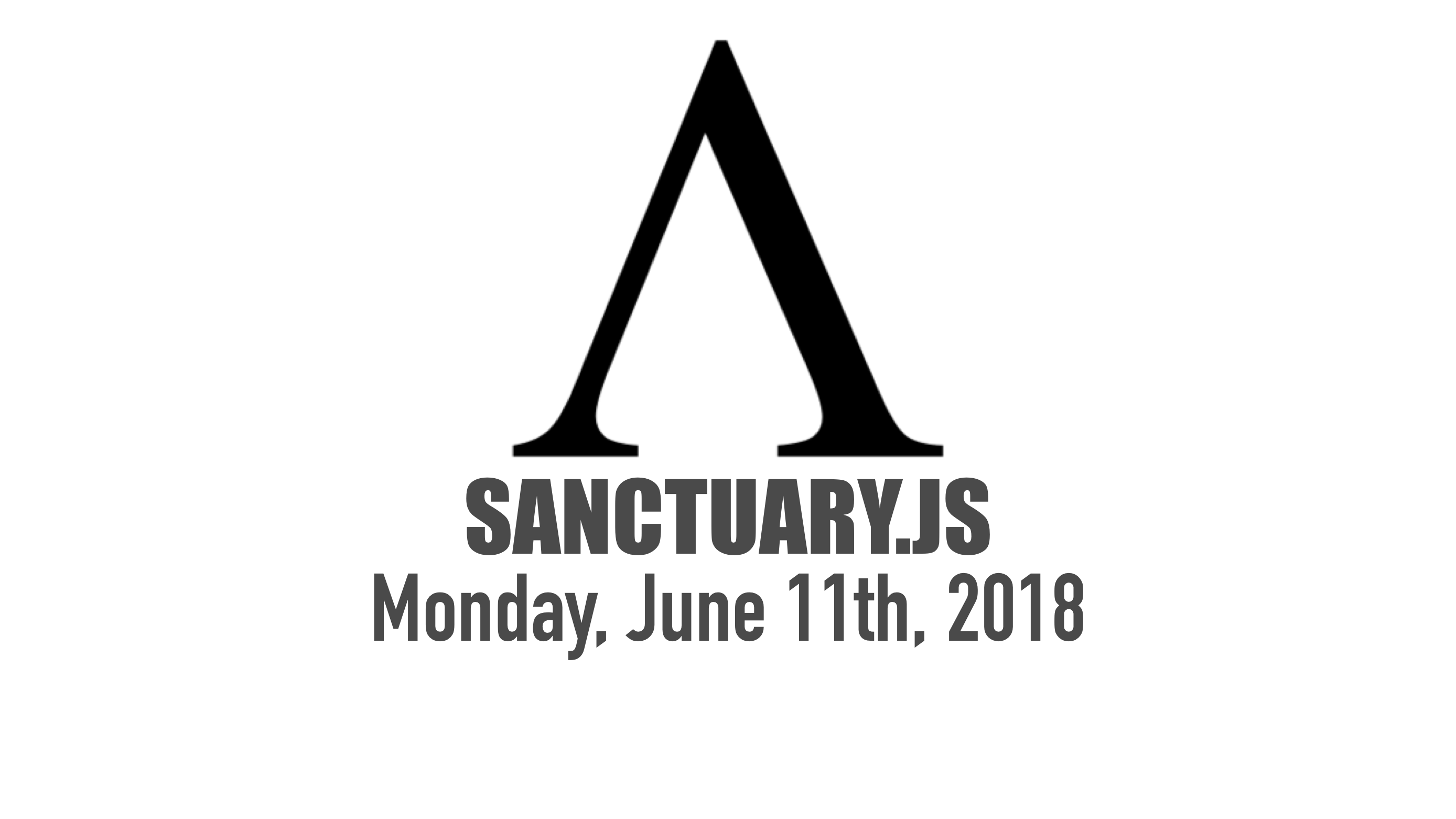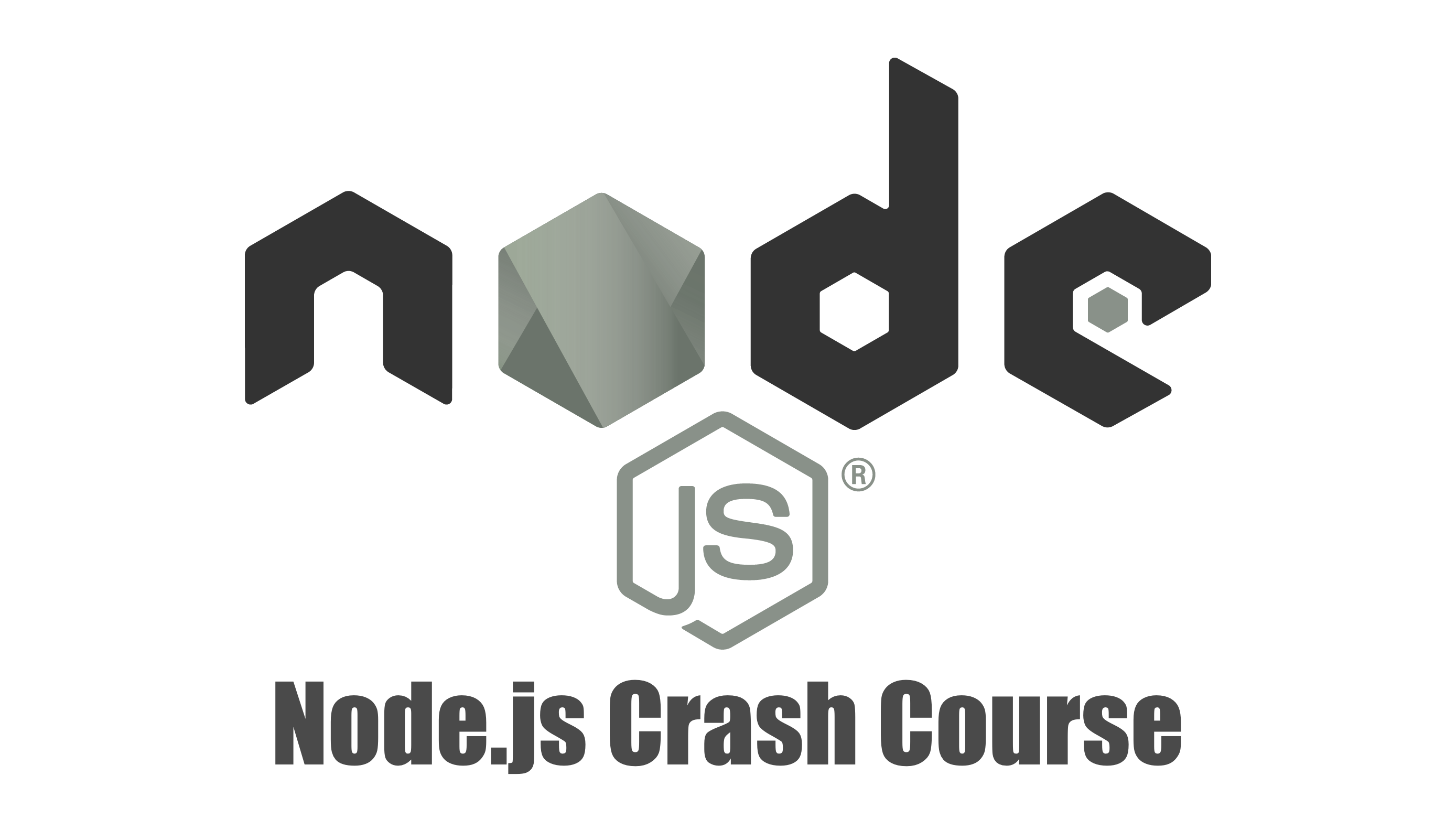Functional Programming Unit Testing in Node
Writing Functional Programming in Node is one challenge, but unit testing it is another. Mainly because many middlewares in Node use the connect middleware approach, and libraries in Node are not written in a pure function way.
This six part series will go over how to make the unit testing part of easier, some strategies to tackle common impurity problems, and hopefully enable to make 100% test coverage a common part of your job vs. the “not worth the client investment” people commonly associate with it.



